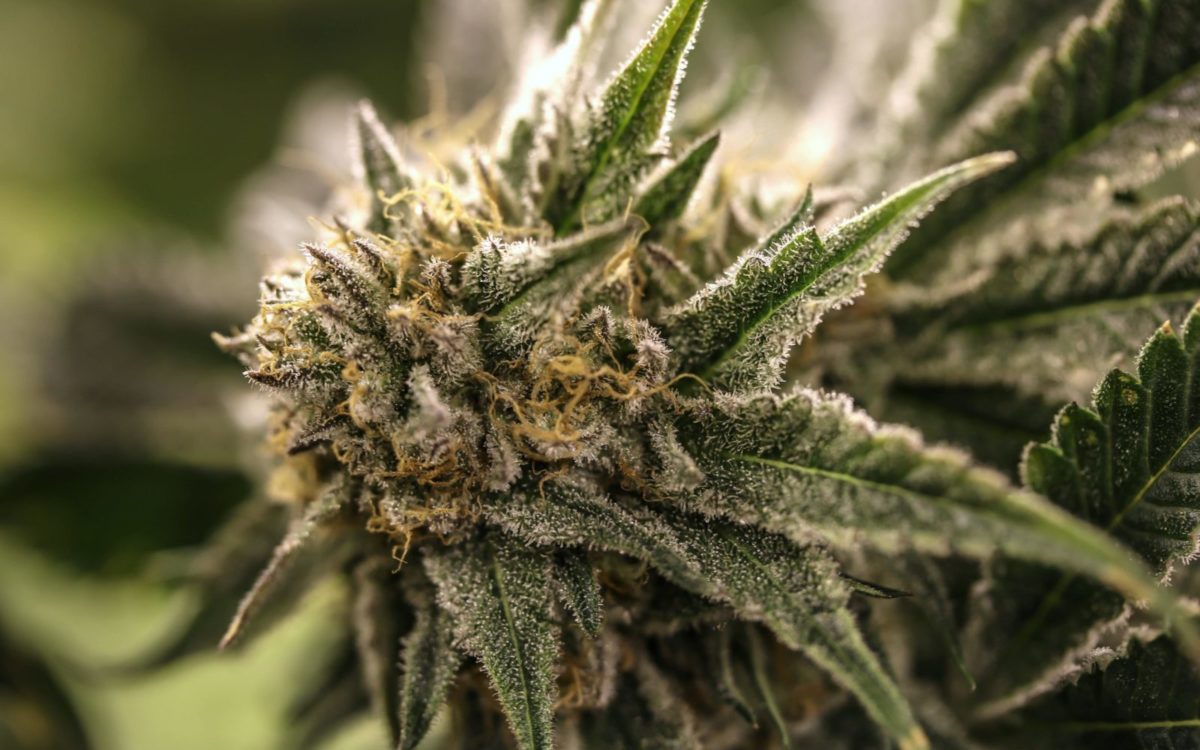The Massachusetts House of Representatives voted 153-2 on Wednesday to approve a bill to make several changes to the state’s cannabis laws.
The Massachusetts House or Representatives passed a landmark cannabis equity bill. Check out this great coverage by A.J. Herrington in High Times…
The increased funding would be substantial. From July 2021 through April of this year, Massachusetts has collected $124.5 million in recreational cannabis excise taxes. Under the House version of the bill, that amount of revenue would equate to more than $25 million in funding for social equity cannabis businesses in the state.
Under the state’s current social equity program, only 23 of the state’s 253 licensed cannabis businesses are owned by entrepreneurs qualified for the economic empowerment and social equity programs administered by the Cannabis Control Commission. Shanel Lindsay, the co-founder of the advocacy group Equitable Opportunities Now, praised lawmakers in the House for the change and urged senators to retain the higher percentage in a compromise version of the bill.
“Without this funding, our equity goals are just hollow promises,” Lindsay said.
Both versions of the bill require local governments to consider social equity factors when issuing local permits. The House bill also simplifies the expungement process for past weed convictions and arrests by making more offenses eligible for relief. The legislation also directs judges to approve all eligible petitions for expungement, removing much of their discretion to deny requests without explanation.

